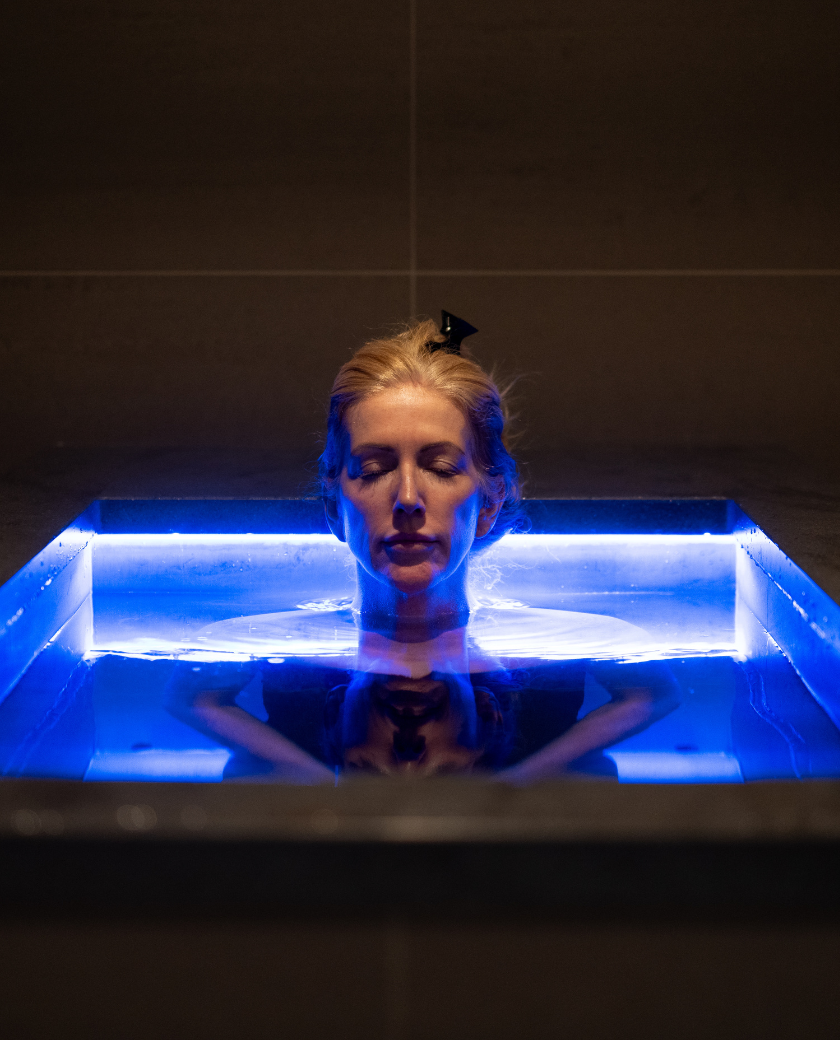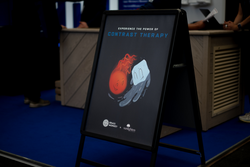Why is the cold so good for brain health?

Out of all the health benefits that cold water therapy is now being proven to support, perhaps the most stunning is its potential to both protect and re-grow the brain, specifically the repairing of synapses and the regeneration of neurons. The potential is to support in strengthening against neurodegenerative diseases (such as Alzheimer’s and Parkinson’s), and cognitive decline whilst offering protective effects against brain injuries. Research involving cold exposure and brain health highlights a protein that can be targeted to prevent and slow progression of the disease.
Cold water immersion and cold shock protein RBM3
When your body is exposed to the cold be it an ice bath, cold plunge or a shower, the cold shock releases a protein called RBM3: RNA Binding Motif 3 [1]. These proteins are directly linked to the regeneration of synapses in the human brain. Synapses are gaps between neurons through which our neurons communicate, and are responsible for normal brain function and how we form memories.
This effectively means that cold water therapy could play a role in decreasing the degeneration of our neurons, and therefore support people in preventing neurodegenerative diseases [2] because it promotes the growth and development of nervous tissue and neurogenesis.
The cold shock protein helps to protect RBM3: and re-grow the parts of the brain. Through cold water immersion, we’re able to improve brain health, where there are no cures or clear protocols for prevention. Perhaps a healthier future awaits for those prepared to invest their time.
RBM3 the brain healer
Found in the human heart, liver, skeletal muscle, and brain tissue, RBM3 can stimulate damaged or degenerated synapses. And, the more of this cold shock protein there is in your brain, the better the effect. Whilst synapses can be damaged and disappear, especially as we age, studies have revealed that RBM3 interacts with neurons where they connect to synapses and boost their productivity [3]. RBM3 has been shown to not only repair and regenerate synapses but also rebuild neurons, preventing cognitive decline. This protective effect for both neurons and synapses has been demonstrated in multiple animal studies where RBM3 is in play [4].
Improving brain function
Alongside RBM3, we know that norepinephrine release is also important for a cascade of health benefits. After all, decreased norepinephrine is associated with decreased focus and cognitive ability, low energy, brain fog, and poor mood (generally), as well as depression. Norepinephrine levels increase considerably up to 530% within minutes, through cold exposure. Acting as both a hormone and as a neurotransmitter, norepinephrine has been shown to enable synaptic plasticity [5], whilst participating in the regulation of cortical circuits (grey matter), cellular energy metabolism, neuroplasticity, and inflammation [6].
Interested to learn more about cold water exposure? Download a guide here! Or visit our journal where you will find a host of amazing cold water topics.
References
https://www.ncbi.nlm.nih.gov/pmc/articles/PMC6168273/
https://pubmed.ncbi.nlm.nih.gov/17051205/
https://pubmed.ncbi.nlm.nih.gov/8634703/
https://www.nature.com/articles/nature14142.epdf
https://molecularbrain.biomedcentral.com/articles/10.1186/1756-6606-3-15
https://www.ncbi.nlm.nih.gov/pmc/articles/PMC3548657/












